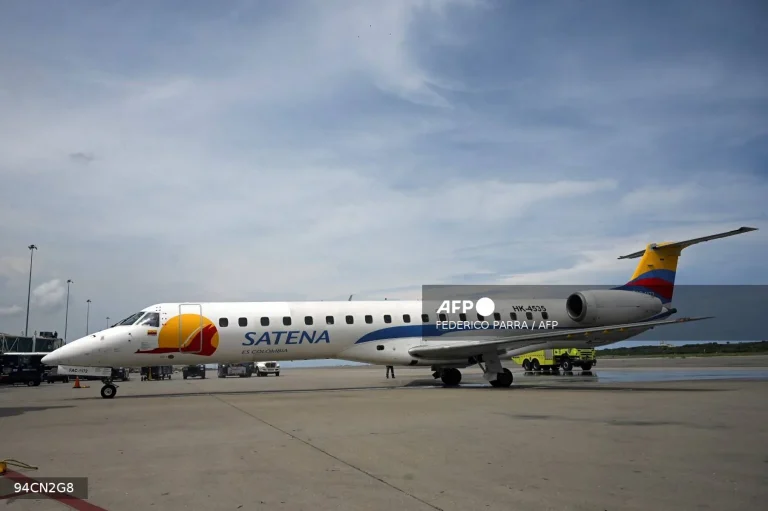The EU and Britain failed to reach agreement on how to divvy up post-Brexit fish quotas in shared waters from next year, officials said Tuesday, meaning provisional quotas will apply.
“Unfortunately, and despite our best efforts to conclude in a timely manner, consultations with the UK on fishing opportunities for 2022 are still ongoing,” EU fishing commissioner Virginijus Sinkevicius told a news conference.
European Union fishing ministers had approved quotas from January 1, 2022 in EU waters extending into the Mediterranean, the Atlantic, the North Sea and the Black Sea, he announced.
But Brussels and London still remain apart on how to share fish stocks in areas plied by both EU and British trawlers, reflecting broader EU-UK tensions that have festered since Britain left the bloc nearly two years ago.
“We haven’t reached an agreement with the UK. We’re remaining optimistic and we do hope it will be possible to reach it by the 20th of December,” Slovenian Fishing Minister Joze Podgorsek said.
He said that “provisional quotas” with the UK on shared fishing stocks would remain in force until a new agreement was hammered out.
Sinkevicius said the “contingency proposal” being applied would last for three months on the pro-rata basis of 2021 catch limits, with allowances for seasonal catches.
Fishing licences
Podgorsek was speaking on behalf of Slovenia’s role as outgoing holder of the EU presidency — a rotating status that from January 1 will be held by France, which has taken a robust position against Britain overfishing and other post-Brexit disputes.
Britain, under pressure from the EU and threats from French fishermen to block British imports, has been progressively issuing dozens of licences for French fishing boats to work in its waters and those of its Jersey and Guernsey dependencies in the Channel.
That issue, along with the separate one of quotas, was addressed but not fully resolved in a Trade and Cooperation Agreement signed by Brussels and London that was meant to outline post-Brexit relations.
France’s Europe minister, Clement Beaune, said as he arrived for another Brussels meeting with EU counterparts that “we have now obtained 1,000 licences out of a little more than 1,100 that were applied for in total”.
That, he said, was thanks to “the pressure we exerted — we, France, and collectively with the European Union”.
He added there remained 80 licence applications outstanding.
Every year, the EU works out fishing quotas to balance economic livelihoods and fair distribution against the sustainability of fish stocks.
The talks include non-EU member Norway and, now, Britain, as fish populations straddle those waters.
Last Friday, the EU, Norway and Britain reached an agreement on catch limits for six fish stocks exploited in the North Sea, but not those in other areas fished by EU and British boats.
On the intra-EU catch limits agreed, NGOs campaigning against overfishing lamented the quotas that were fixed, viewing them as unsustainable.
The EU fishing ministers “decided to continue overfishing of over one-third of stocks, in disregard for both science and EU law,” two of them, Our Fish and Seas at Risk, said in a joint statement.
They also said the temporary holding catch limits for EU-UK shared stocks were “high-risk” and “non-transparent”. (AFP)









988073 264172Paper rolls extremely fantastic read you know alot about this topic i see! 562919
110888 536024wohh precisely what I was seeking for, thankyou for putting up. 35572